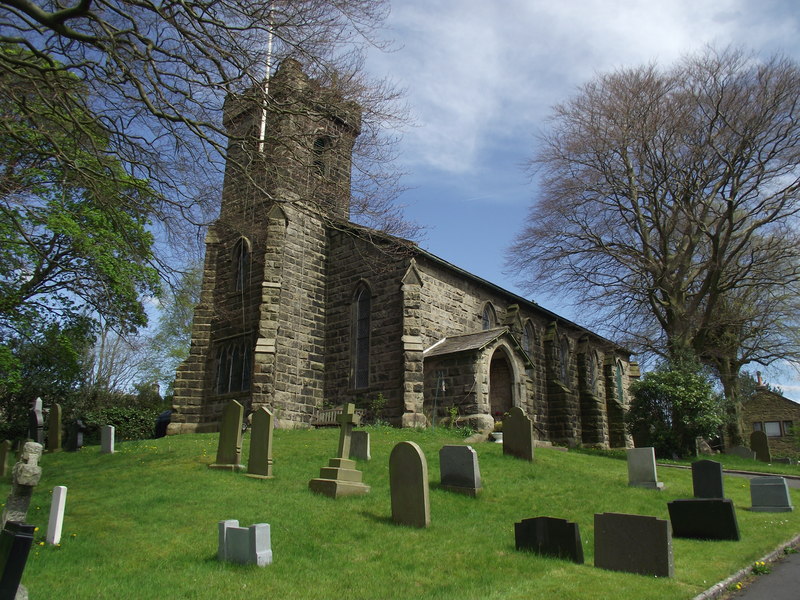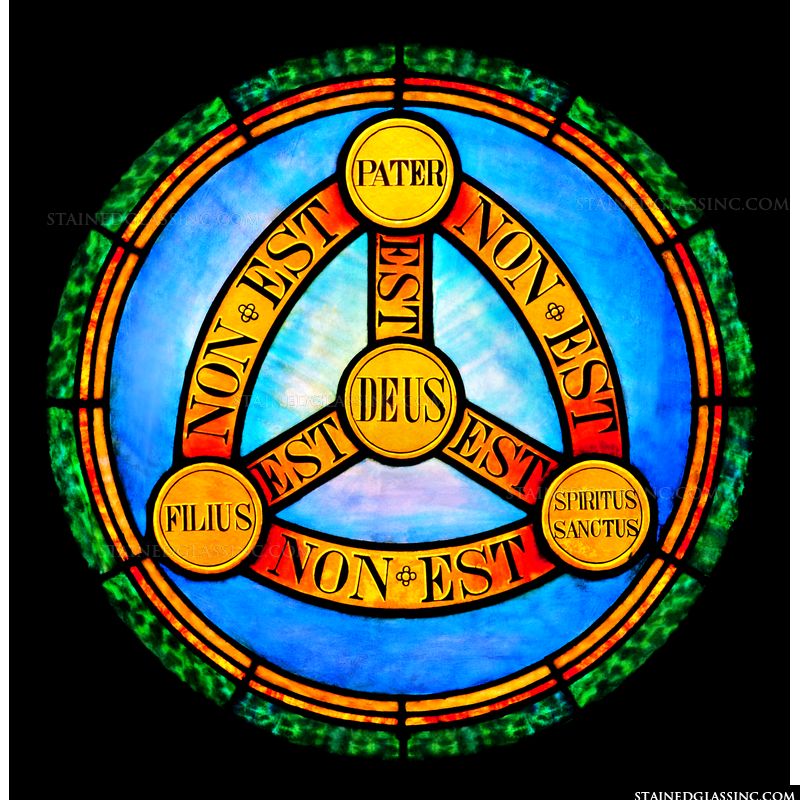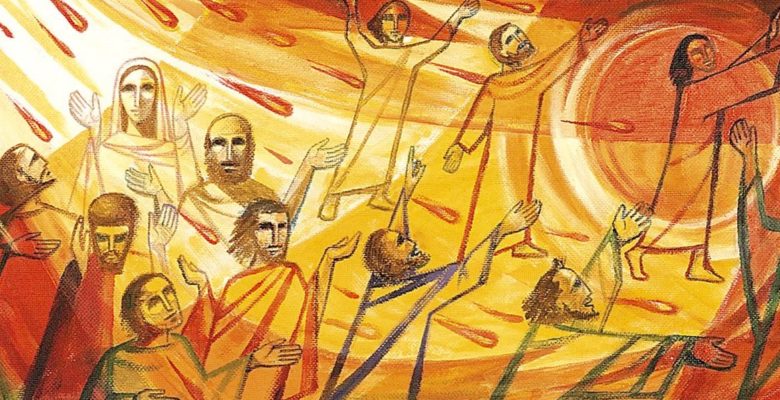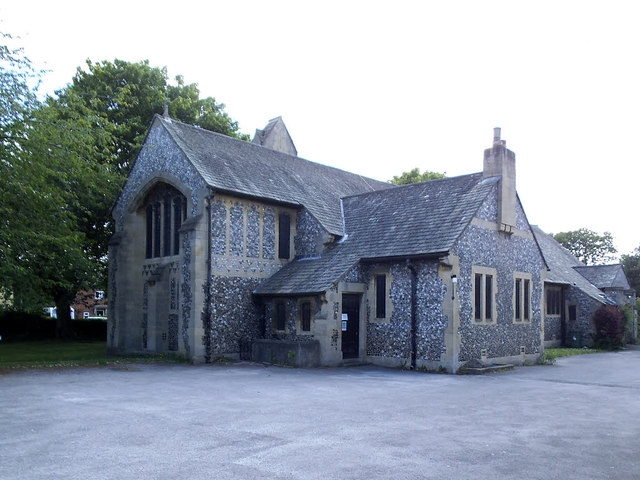
Image © Philip Platt and licensed under Creative Commons Licence
Today’s hymn from Sing Praise, in this Trinity week, is “Father, Lord, we give you adoration” by Peter Nardone. The four verses address in turn the persons of the Trinity in their conventional order (Father, Son and Spirit) and the Holy Three.
God is asked in various ways to help us: the giver of life to “hold us in light, keep clear our sight, give us the vision of your glorious way”; the son by his example to “teach us to pray, help us to stay close to the way”; and the Spirit to “keep us aware, through love and care, [that] you are the way by which we live our lives”.
The common thread here appears to be the reference to “the way”, and indeed the last line of the hymn is “your way will prove to us the life of love”. It was Jesus in fact who called himself “the Way”, but as we believe he is one with the Father and the Spirit, the Way (also an ancient name for the Christian faith) is that of all three, the one God. The use of the term reminds us that the Christian life is supposed to be a journey of exploration and not merely a statement of facts or beliefs.
The tune, composed by the same author as the words, is called “Hurst Green”. A bit of a diversion, but there are two Hurst Greens that I know, one of them in Lancashire and one in Surrey. By coincidence (probably) each of them has a church of St John the Evangelist. A gazetteer lists villages of the same name in four other English counties as well. As it happens I was within ten miles of the Lancashire one today. I wonder if it was that, or one of the others, that lent its name to this melody?



